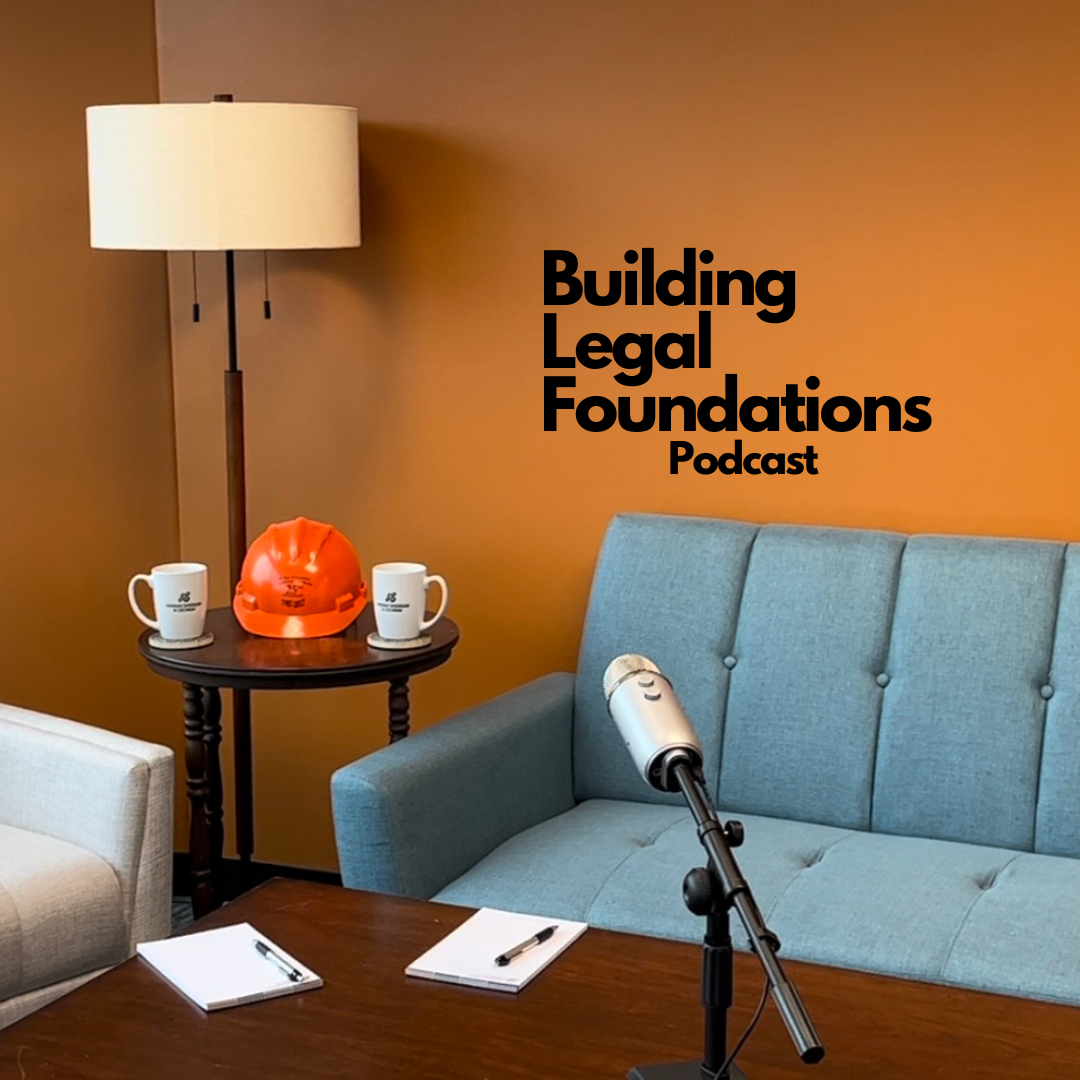Hannah Sheridan & Cochran's own podcast, previously available via Spotify, is now available to listen…
Express and Implied Warranties
This is a common story: Supplier provides building material to Contractor. Contractor installs material without any complaints. Owner later holds back money from Contractor, claiming improper construction: “My building is not suitable for its intended purpose and violates your warranties.” Contractor shifts blame, claiming that Supplier provided faulty material. Supplier claims it provided exactly the material Contractor ordered. Contractor claims, “Your warranties suggest otherwise.” Here comes the court system.
Nearly every large construction lawsuit in North Carolina touches upon warranties in one way or another. Accordingly, a basic understanding of warranties is paramount. Two types of warranties (a promise that the work sold is as represented) exist in North Carolina, express and implied.
Express warranties are simple. These warranties are set forth in the contract documents themselves and almost always set forth the specific assurances and time limits associated with the work performed. For instance, an electrical supplier’s contract documents might specifically warrant that a high end electrical breaker will operate normally for ten years when installed in accordance with the electrical code.
Implied warranties are work assurances, which are presumed to apply regardless of whether the actual terms of the contract spell them out specifically. Unless specifically disclaimed by the contract itself, implied warranties often apply. Parties to a North Carolina construction contract should consider the following types of North Carolina implied warranties: (i) Warranty of Habitability — substantial defects in a residential dwelling (i.e., not commercial) which render the building unsuitable for a personal resident; (ii) Warranty of Plans and Specifications— an owner who provides construction plans to a contractor warrants to the contractor that the plans and associated specifications are suitable for the contractor’s performance of the work; (iii) Warranty Not to Delay or Hinder—an implied warranty that neither party to a contract will impede the other’s contractual performance; (iv) Warranty of Workmanship— this difficult to pinpoint warranty provides an implied assurance that the person performing work or supplying material is guaranteeing that the work/material is performed to a commercially reasonable standard.; and (v) Warranty for a Particular Purpose— a warranty applying to goods which requires that those goods comply with the purpose for which they are sold where the seller had reason to know of that purpose.
– Chad J. Cochran


